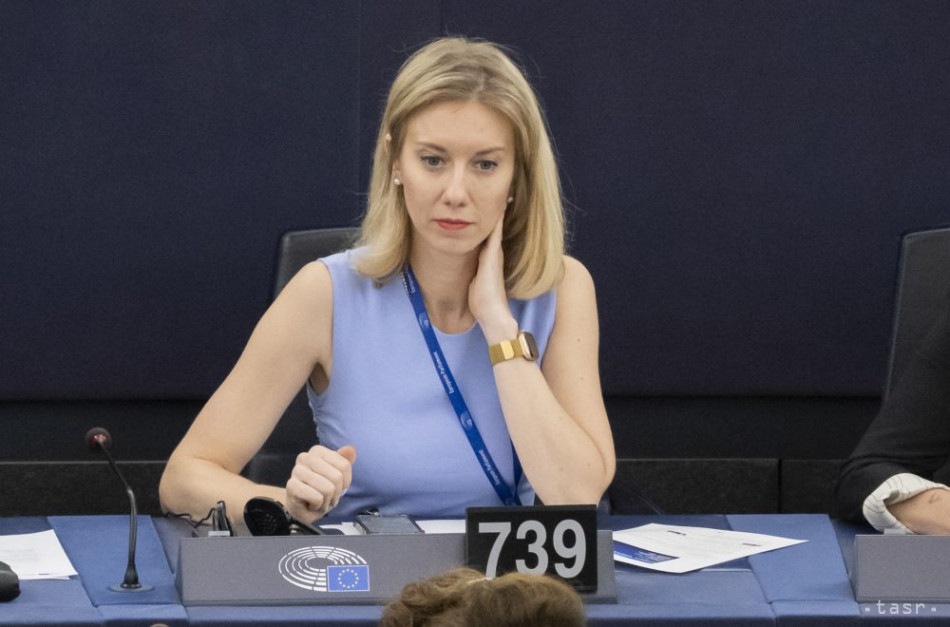“`html
Brussels/Bratislava – The independent European Institute for Gender Equality (EIGE) released the latest Gender Equality Index on Tuesday (10.12.). The index indicated that, similar to previous years, Slovakia remains far below the EU average in terms of equality between men and women, reports the Brussels correspondent of TASR.
The results were published during the fifth European Gender Equality Week, during which a series of debates on empowering women is taking place at the European Parliament (EP).
MEP Lucia Yar (Progressive Slovakia) from the EP Committee on Women’s Rights and Gender Equality, who watched the release of the index results in Brussels, told TASR that Slovakia improved by one place in the Gender Equality Index compared to last year, ranking 23rd. The index shows an improvement of 0.7 points, and Slovakia received 59.9 out of 100 (state of complete equality).
“The Slovak shift is unfortunately not the result of our own efforts, but due to Croatia, in particular, declining over the past year,” Yar pointed out. She noted that although Slovakia is doing well in access and participation in education (eleventh place in the EU) and women have been graduating with higher levels of education than men in recent years, paradoxically, we achieve the worst results in the area of women’s access to decision-making on public affairs, where we are third from last – after Hungary and Cyprus.
The MEP claims that this means that despite the gradual increase in the education of Slovak women, even compared to men, “women do not naturally come to power here.”
According to EIGE, Slovakia has the greatest room for improvement in the area of economic and social decision-making. These are the same domains that, according to the latest Eurobarometer survey, trouble Slovaks the most.
“Thus, women are most absent from here where it presses us the most,” concluded the MEP. She emphasized that it is precisely in these areas that women are most active. She recalled that issues of working poverty or the impact of climate change on people’s lives in Slovakia have been pushed to the forefront, mainly by President Zuzana Čaputová and, in general, that topics of social security, healthcare, single-parent households, or support for families and children have been resolved in recent months primarily by Slovak female politicians – at both national and European levels after the European elections.
“If we want social and economic areas to be addressed here as well, we must demand from political parties that they enable women’s access to leadership and power. In such positions, they more naturally reflect their own life experiences,” added Yar. At present, there are 35 women (23.3 percent) in the National Council of the Slovak Republic. The government and the trio of coalition parties have managed to attract ten women to their ranks in parliament.
The Gender Equality Index score for the EU is 71 out of 100 points, which is an improvement of 0.8 points compared to the 2023 score and a total increase of 7.9 points since 2010. (December 11th)
“The Slovak shift is unfortunately not the result of our own efforts, but due to Croatia, in particular, declining over the past year.” MEP Lucia Yar
“`
 go to the original language article
go to the original language article
